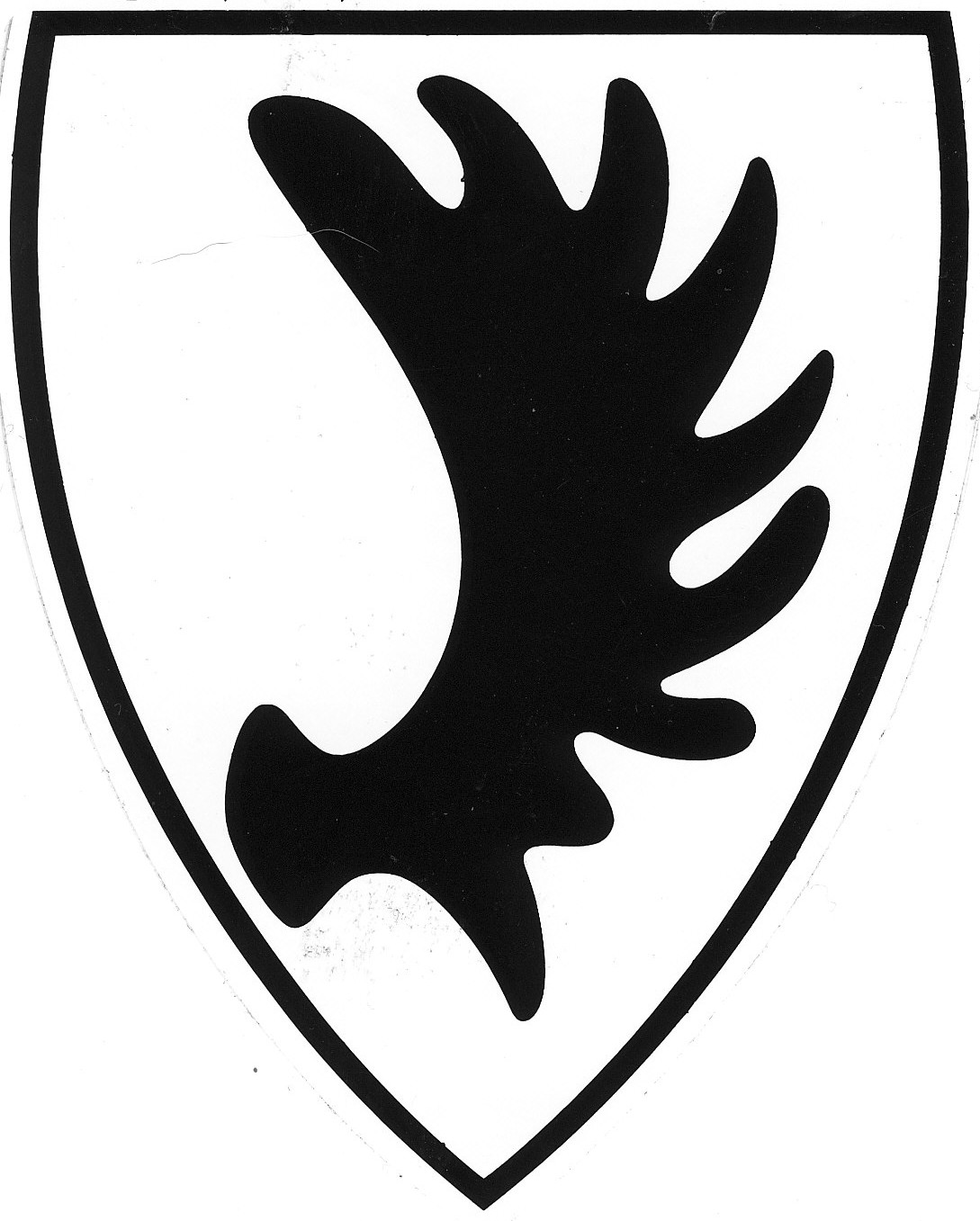|
Old Elk Farm Pollinator Gardens & Apiary |
|---|
Help Pollinators | Seed Exchange | Gardens | Recipes | Honey | About Us | Contact Us | Points of Interest
10 Things You Can Do to Help Pollinators and Wildlife
-
Mow less often and tolerate bee “weeds”. Save money, time, and reduce your energy footprint by mowing less. Delay mowing in the spring and allow some areas to grow wild for native weeds and dandelions to flower and provide sources of food for bees early in the season before other sources are available. Keep native plants in the landscape, and remove all alien invasive plants.
-
Stop using insecticides, especially neonicotinoids. Avoid using systemic insecticides. Avoid using artificial fertilizers and chemical pesticides. Use compost and mulch to help re-establish a balanced garden ecosystem with natural checks and balances to control insects. Use only natural solutions for garden pest issues.
-
Purchase pesticide-free and non-GMO plants and seeds. Avoid purchasing plants or flowers treated with neonicotinoids. Be diligent and insist on untreated plants and seeds from your grower. Support your local independent nursery and farmers’ market. Use the power of your dollar to send a message to corporate agri-business that there will not be a market for products that poison our pollinators.
-
Plant and spread seeds for bird, bee, and butterfly flower gardens. Help provide food sources throughout the season by spreading flower seeds for pollinators in your backyard garden, dormant pasture, or along your roadside easement. Our Seed Exchange - Seed Library can help get you started.
-
Support your local beekeeper or become a beekeeper yourself. Meet the beekeeper closest to you and purchase their apiary products. Honey made closest to you will best help you with allergies. Learn the basics to explore beekeeping for yourself. Afraid of getting stung? Consider providing a shelter for passive solitary native bees.
-
Spread the word to others about helping the pollinators. You can help inform others about the threats our pollinators are facing in personal conversations, public and work events, and on your social media sources. Follow us on Facebook for informative posts to share with your friends.
-
Donate to a Pollinator or Wildlife Advocacy organization. Help our mutual causes with your financial support of advocacy groups that inform others of the struggles pollinators and wildlife face and promote the environmental protections they need.
Pollinator Partnership | National Wildlife Federation | Vermont Non-Game Wildlife Fund


-
Become civically or politically active on environmental issues. Join a local advocacy chapter, volunteer in your community, or get involved in your local town government. Speak to inform others, march to raise awareness, and use the power of the petition to steer policy and legislation.
-
Change perceptions of beauty; embrace the natural aesthetic. The typical picture-perfect suburban lawn we’ve all been shown on television is not a healthy or balanced ecosystem. The manicured lawn provides little to no food sources for pollinators, and often requires pesticides, fertilizers, and frequent watering to maintain. Challenge community ordinances regarding yard and lawn maintenance. Encourage others to embrace the beauty of nature and lose the artificial look of a manicured lawn.
-
Expand beyond pollinator gardening to include wildlife for an even more robust and complete ecosystem. Provide essential elements to attract wildlife including food, clean water, and areas for habitat, shelter, and nesting. Register your property as a Wildlife Habitat or Pollinator Garden Site like us.
Help Pollinators | Seed Exchange | Gardens | Recipes | Honey | About Us | Contact Us | Points of Interest
 |